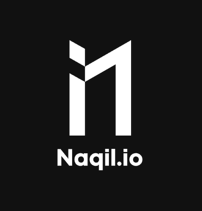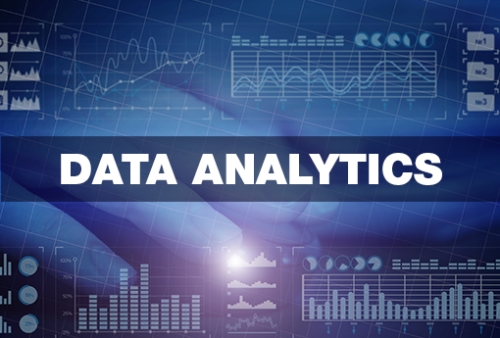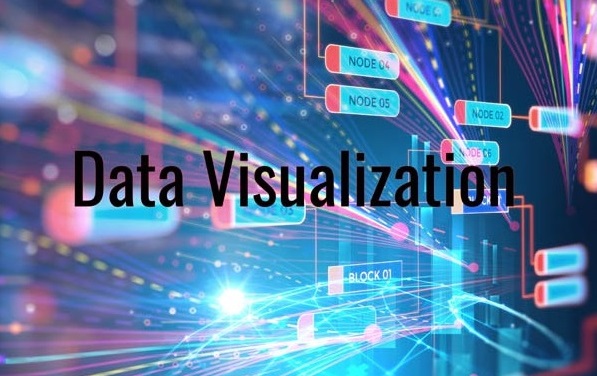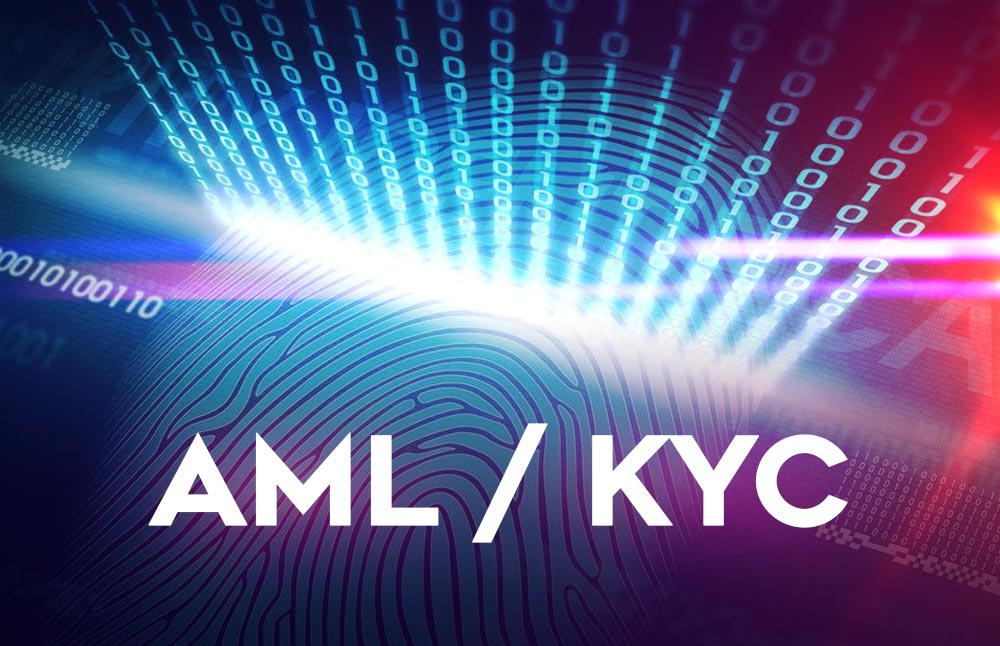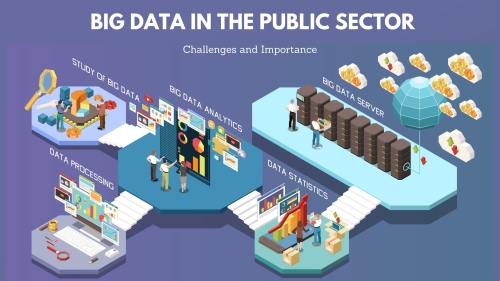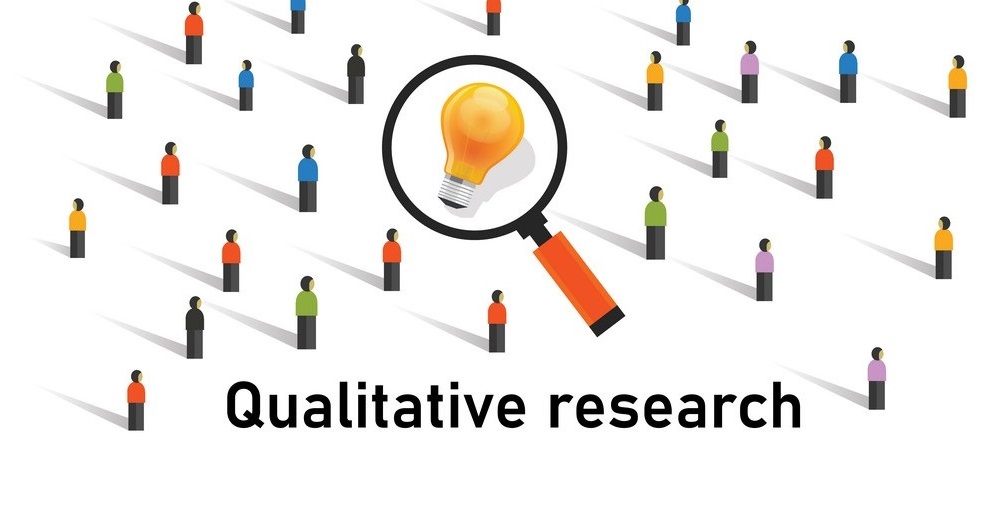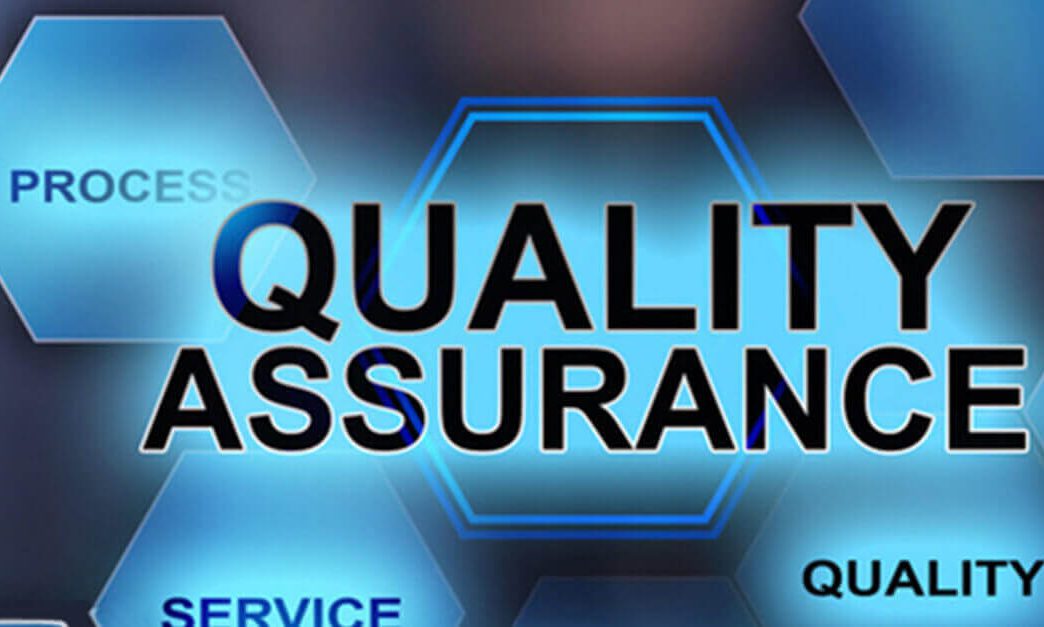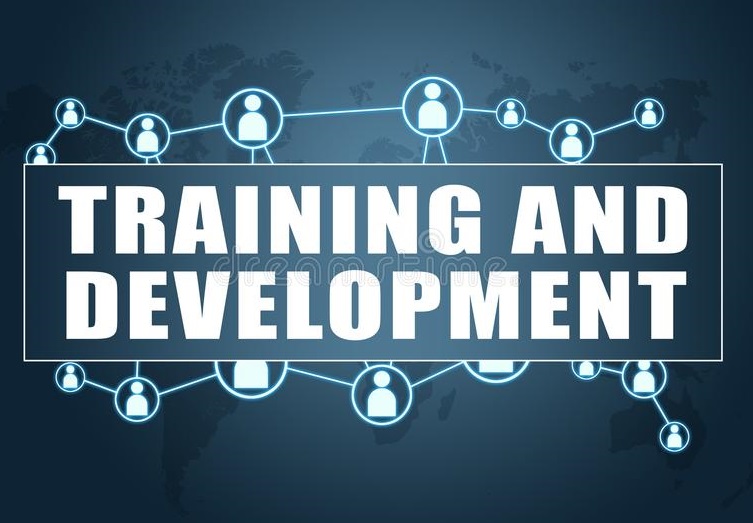Our Serveices
By definition, business analysis is the discipline of recognizing business needs and findings solutions to various business problems. In simpler words, it is a set of tasks and techniques which work as a connection between stakeholders. These help them understand organization’s structure, policies, and operations.
Change management is a systematic approach to dealing with the transition or transformation of an organization's goals, processes or technologies. The purpose of change management is to implement strategies for effecting change, controlling change and helping people to adapt to change.
Digitization is the process of converting analog information into digital form using an analog-to-digital converter, such as in an image scanner or for digital audio recordings. As usage of the internet has increased since the 1990s, the usage of digitization has also increased. Digital transformation, however, is broader than just the digitization of existing processes.
With the advent of advances in Geospatial Information Systems (GIS); there is a need to determine the areas of research and new tools available for GIS systems. GIS consists of the collection, integration, storage, exploitation, and visualization of geographic and contextual data and spatial information. Future GIS needs, techniques, models, and standards should be shared openly among developers for future instantiation of products.
A ‘Know Your Customer’ (KYC) analyst mainly checks documentation for new customer accounts, evaluates high-risk records and examines new customer cycles and strategies. They also study market drift and adhere to standards of customer behaviour within their association. In addition, KYC experts can study recommendations for new elements and analyze risks and consistency issues identified for these elements. KYC investigators are involved in related anti-money laundering (AML) work. This course will prepare clients at KYC and AML in your country of origin's specific situation, guidelines, and laws.
Policy analysis is a technique used in public administration to enable civil servants, activists, and others to examine and evaluate the available options to implement the goals of laws and elected officials. The process is also used in the administration of large organizations with complex policies.
What is process analytics? Process analytics involves capitalizing upon process-related data to analyze and improve future process performance. Process analytics integrates real-time data to help enterprises analyze the current processes they have in place to determine whether they are delivering optimal results.
Business process reengineering (BPR) is the practice of rethinking and redesigning the way work is done to better support an organization's mission and reduce costs. Organizations reengineer two key areas of their businesses. First, they use modern technology to enhance data dissemination and decision-making processes.
Project management is the process of leading the work of a team to achieve all project goals within the given constraints. This information is usually described in project documentation, created at the beginning of the development process. The primary constraints are scope, time, and budget.
Software quality assurance (SQA) is a means and practice of monitoring the software engineering processes and methods used in a project to ensure proper quality of the software. It may include ensuring conformance to standards or models, such as ISO/IEC 9126 (now superseded by ISO 25010), SPICE or CMMI.
UX (user experience) research is the systematic study of target users and their requirements, to add realistic contexts and insights to design processes. UX researchers adopt various methods to uncover problems and design opportunities. Doing so, they reveal valuable information which can be fed into the design process.
OUR CLIENTS






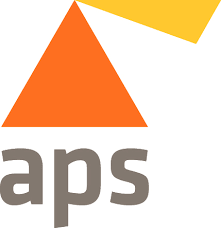



![]()






![]()
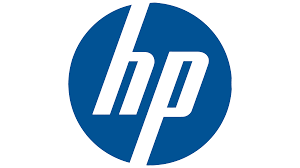
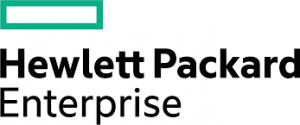







![]()

